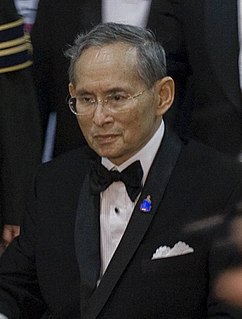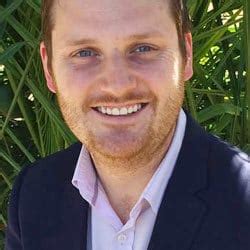A Quote by Werner Herzog
We are just a blip. I found it very interesting when Clive [Oppenheimer] interviewed the Ethiopian scientists and asked them, "Do we have another 100,000 years?" In their calculation, mankind will be entering a very critical phrase a thousand years from now.
Related Quotes
A few years ago, they [Neandertals] were thought to be ancestral to anatomically modern humans, but now we know that modern humans appeared at least 100,000 years ago, much before the disappearance of the Neandertals. Moreover, in caves in the Middle East, fossils of modern humans have been found dated 120,000-100,000 years ago, as well as Neandertals dated at 60,000 and 70,000 years ago, followed again by modern humans dated at 40,000 years ago. It is unclear whether the two forms repeatedly replaced one another by migration from other regions, or whether they coexisted in some areas
At what point, 2,000 years on from the life of Jesus, do we need a refresher course? Another 2,000 years? Imagine 100,000 years’ time – would the story of Moses’ burning bush amaze a generation laden with unimaginable scientific and technological wonders? Here lies religion’s biggest quandary. While science is squeezing the life out of God, how is religion going to muster a counterattack from here?
Today anywhere you go you will find that this is a living legacy which is not only for now, not only for the next one hundred years, but for the coming two thousand years of the Age of Aquarius, when mankind will find shelter in the 3HO way of life. And then, you who are here now, who are just considered to be a handful of people, shall be considered as the most Divine.
This revolution, the information revoultion, is a revolution of free energy as well, but of another kind: free intellectual energy. It's very crude today, yet our Macintosh computer takes less power than a 100-watt bulb to run it and it can save you hours a day. What will it be able to do ten or 20 years from now, or 50 years from now?
Empathy - that is, caring about people and acting responsibly on that care, not just for yourself, but for others - this is something that Barack Obama understands very well. He was a professor of constitutional law at the University of Chicago for ten years. As an expert on the Constitution and on our family values, he understands very well that the country is fundamentally about caring for one another. The day after his speech, he was interviewed on CNN, and Anderson Cooper asked him what patriotism was. He said patriotism begins with caring for one another.
A hundred years ago, Auguste Compte, ... a great philosopher, said that humans will never be able to visit the stars, that we will never know what stars are made out of, that that's the one thing that science will never ever understand, because they're so far away. And then, just a few years later, scientists took starlight, ran it through a prism, looked at the rainbow coming from the starlight, and said: "Hydrogen!" Just a few years after this very rational, very reasonable, very scientific prediction was made, that we'll never know what stars are made of.




































